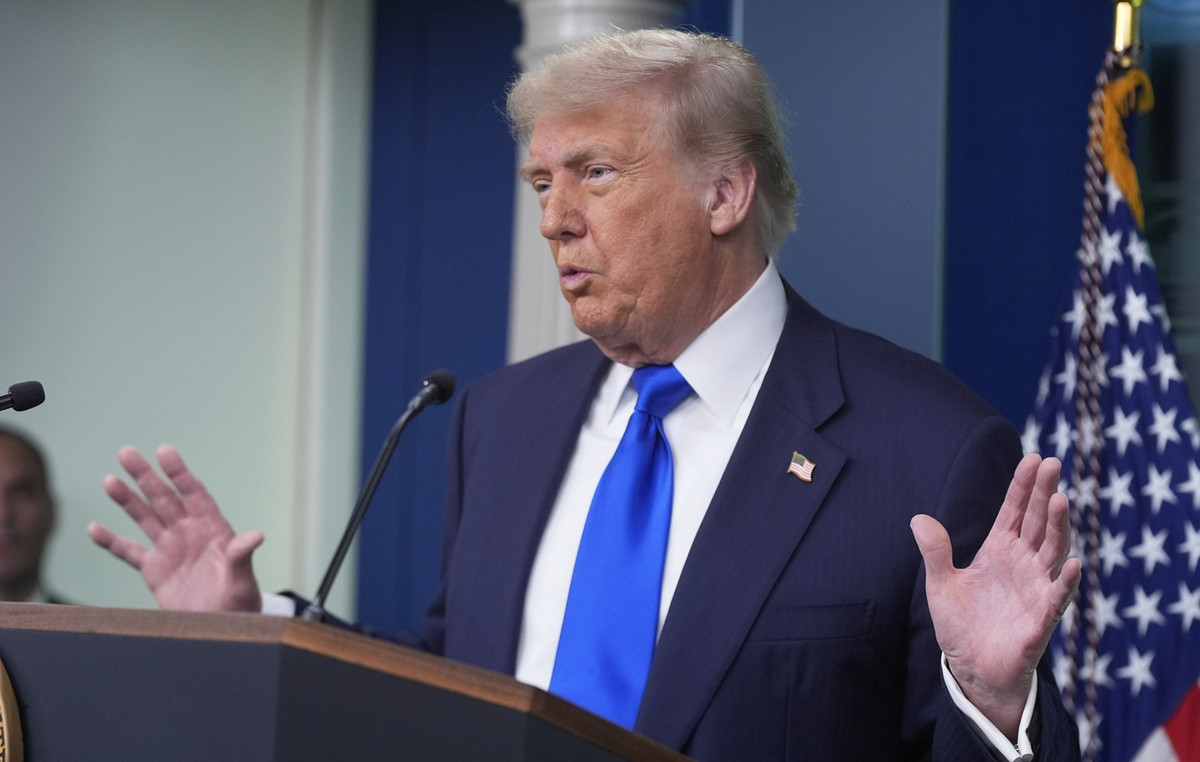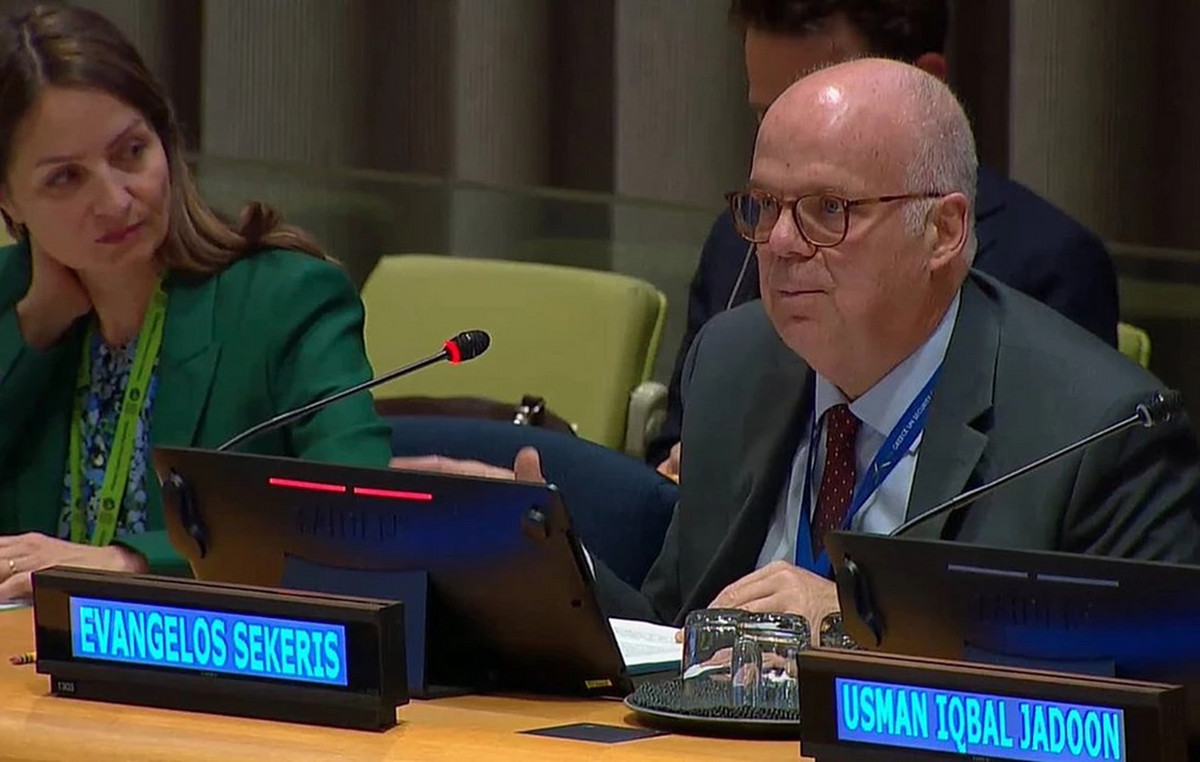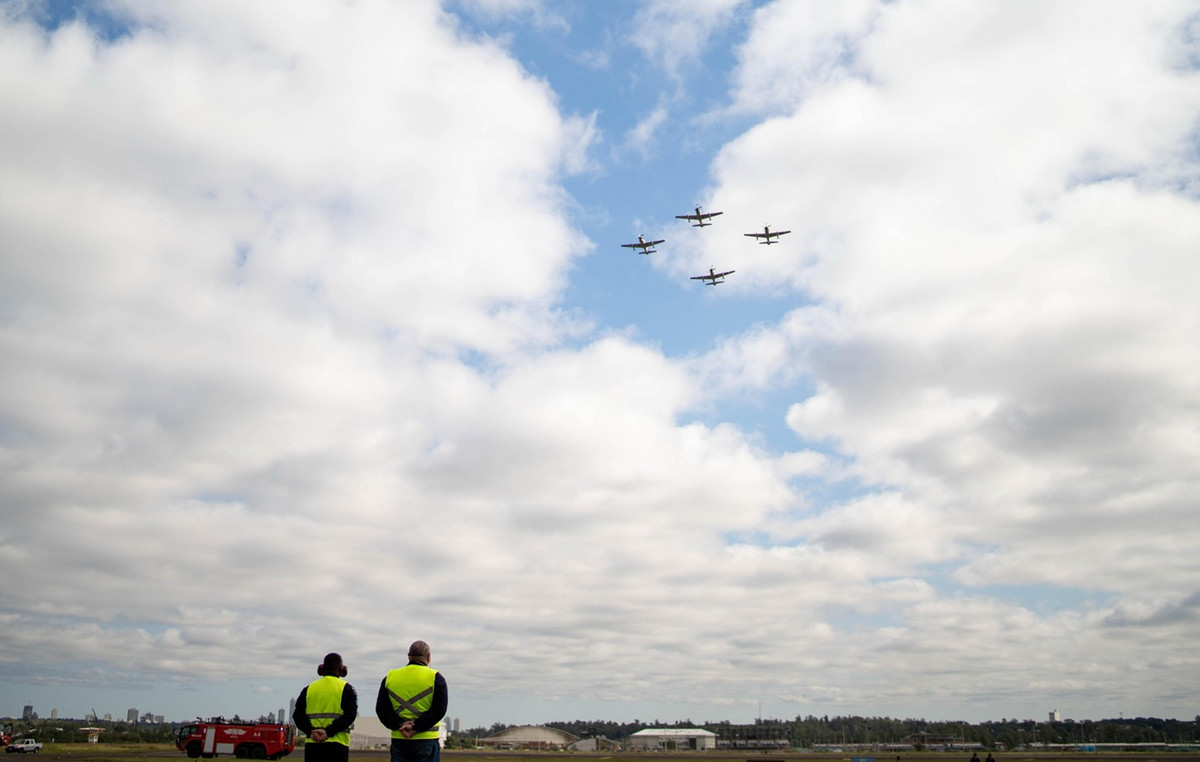Israel has “eliminated” the successor to the late Hezbollah leader, Hassan Nasrallah, Israeli Prime Minister Benjamin Netanyahu said on Tuesday (8).
“We have eliminated thousands of terrorists, including Nasrallah himself, Nasrallah’s successor and the successor of Nasrallah’s successor,” Netanyahu said in a video statement.
On Saturday (5), a Lebanese security source told CNN that Hezbollah had lost contact with Hashem Safieddine after an Israeli strike in the southern suburbs of Beirut targeted him on Friday (4). Safieddine was believed to be a possible successor to the Hezbollah leader.
Netanyahu directly addressed the people of Lebanon in Tuesday’s statement, calling on them to confront Hezbollah and “take back their country.”
“Christians, Druze, Muslims – Sunnis and Shiites – you are all suffering because of Hezbollah’s futile war in Israel,” Netanyahu said.
“We have the opportunity to save Lebanon before it falls into the abyss of a long war that will bring destruction and suffering similar to what we see in Gaza,” he continued.
Israel’s war against Hezbollah has killed more than 1,400 people in Lebanon, according to the Lebanese health ministry. More than 1.2 million people have been displaced since fighting escalated last month, Lebanese authorities said.
Understand the escalation in conflicts in the Middle East
Iran’s missile attack on Israel on the 1st marked a new stage in the regional conflict in the Middle East. On one side of the war is Israel, with support from the United States. On the other, the Axis of Resistance, which receives financial and military support from Iran and which has a series of paramilitary groups.
There are seven conflict fronts currently open: the Islamic Republic of Iran; Hamas, in the Gaza Strip; Hezbollah, in Lebanon; the Syrian government and the militias operating in the country; the Houthis, in Yemen; Shia groups in Iraq; and different militant organizations in the West Bank.
Israel has soldiers on three of these fronts: Lebanon, the West Bank and the Gaza Strip. In the other four, it carries out aerial bombings.
The Israeli Army began a “limited ground operation” in Lebanon on September 30, days after Israel killed Hezbollah leader Hassan Nasrallah in a bombing of the group’s headquarters in the Beirut suburb.
The Israel Defense Forces say they have killed virtually the entire Hezbollah chain of command in similar bombings carried out in recent weeks.
On September 23, Lebanon had its deadliest day since the 2006 war, with more than 500 fatalities.
At least two Brazilian teenagers died in the attacks. Itamaraty condemned the situation and called for an end to hostilities.
With the increase in hostilities, the Brazilian government announced an operation to repatriate Brazilians in Lebanon.
In the West Bank, the Israeli military is trying to dismantle groups opposed to Israel’s occupation of Palestinian territory.
In the Gaza Strip, Israel seeks to eradicate Hamas, responsible for the October 7 attack that left more than 1,200 people dead, according to information from the Israeli government. The Israeli operation killed more than 40,000 Palestinians, according to the enclave’s Ministry of Health, controlled by Hamas.
Hamas leader Yahya Sinwar remains hidden in tunnels in the Gaza Strip, where dozens of Israelis kidnapped by Hamas are also believed to be in captivity.
This content was originally published in Israel says it “eliminated” successor to Nasrallah, leader of Hezbollah on the CNN Brasil website.
Source: CNN Brasil
Bruce Belcher is a seasoned author with over 5 years of experience in world news. He writes for online news websites and provides in-depth analysis on the world stock market. Bruce is known for his insightful perspectives and commitment to keeping the public informed.







